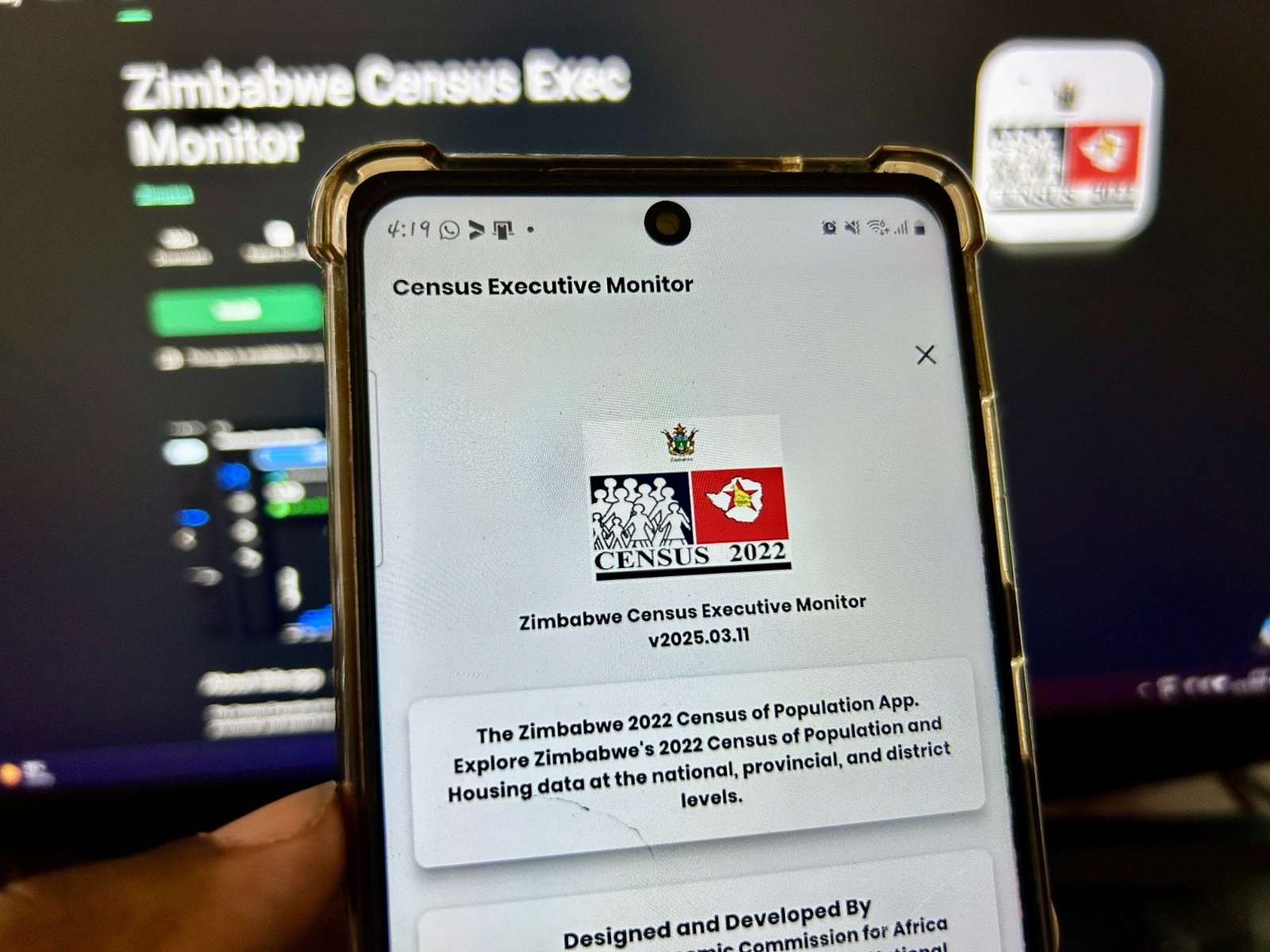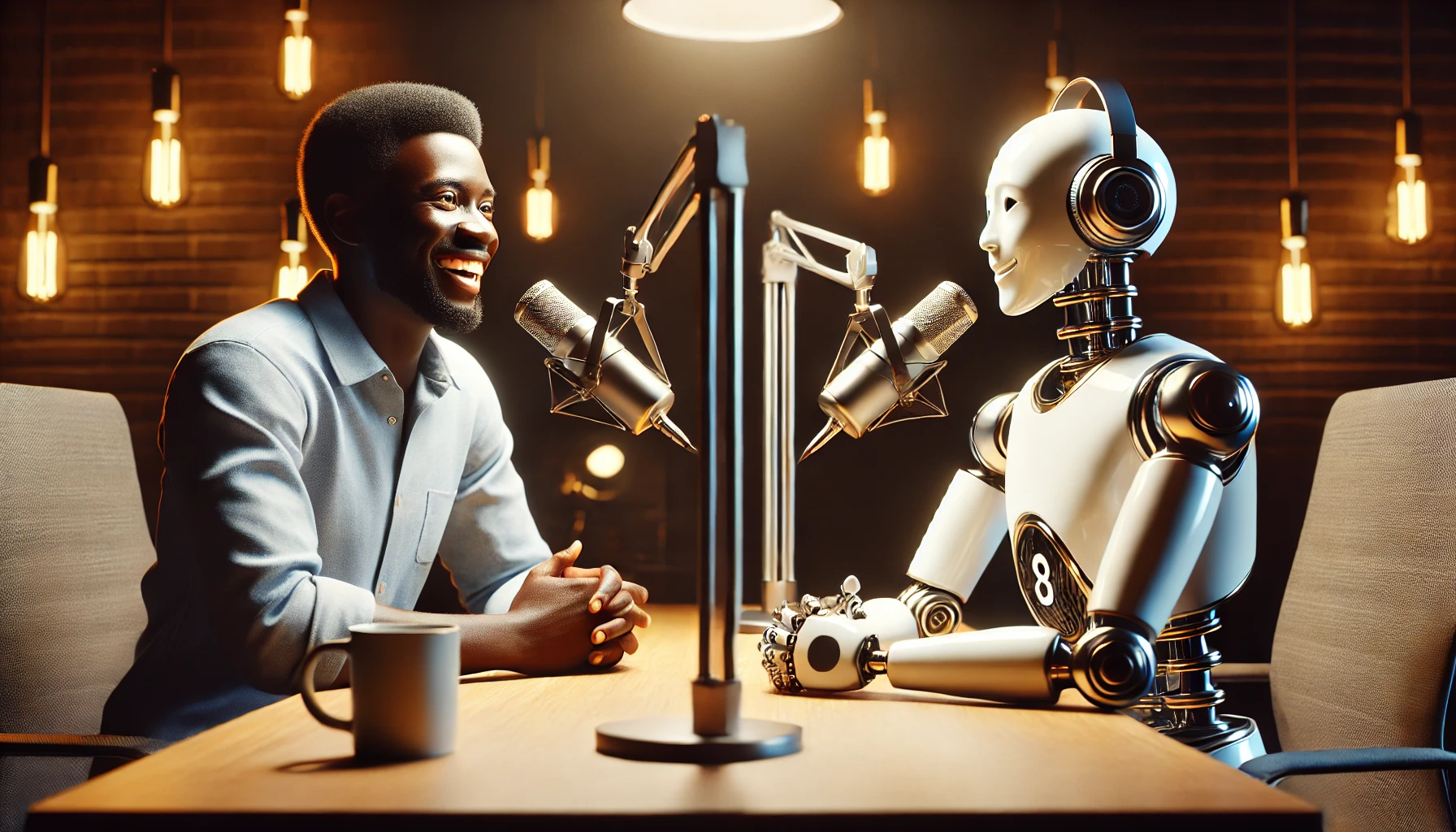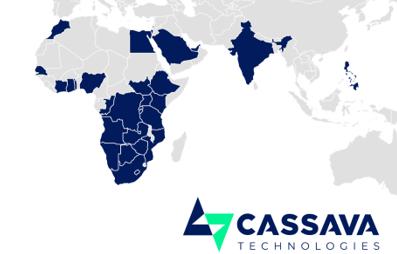It has been yet another week and we get to go through some of the main headlines in tech from the past 14 days this time around. This week’s summary is just AI and Google. Guess we’re gonna get sick of AI by the time 2024 rolls around.
AI stuff
Most of the headlines had to do with growing concerns about the dangers that AI poses.
AI Godfather quits Google and warns of the dangers of AI
Dr Geoffrey Hinton, often called the “Godfather of AI”, quit Google citing concerns over the flood of misinformation, the possibility for AI to significantly change the job market, and the “existential risk” posed by the creation of a true digital intelligence.
He said he quit so that he could speak freely about the dangers of AI. He also says he somewhat regrets his contribution to the field. 75-year-old Hinton joined Google a decade ago to help develop the company’s AI tech, and the approach he pioneered led the way for systems such as ChatGPT.
Hinton is not alone in fearing that AI could pose serious harm to humanity. Elon Musk said he had fallen out with Google co-founder Larry Page over his fears about AI. However, Elon has fervent haters and his concerns were ridiculed by many.
Hinton warns that AI could become more intelligent than humans and could be exploited by “bad actors”. AI can make for very effective spambots because it’s able to produce lots of text automatically. He says it will allow authoritarian leaders to manipulate their electorates, for example.
Do you remember the Google employee who was fired last year for claiming that their AI was sentient? Well, his concerns don’t seem so weird now.
Has artificial intelligence (AI) come alive like in sci-fi movies? This Google engineer thinks so
Concerning the existential risk of what happens when AI gets more intelligent than us Hinton says,
I’ve come to the conclusion that the kind of intelligence we’re developing is very different from the intelligence we have. So it’s as if you had 10,000 people and whenever one person learned something, everybody automatically knew it. And that’s how these chatbots can know so much more than any one person.
Read more on this story here.
US President meets with Microsoft, Google CEOs on AI dangers
US President Joe Biden met with CEOs of top artificial intelligence companies including Microsoft and Alphabet’s Google on Thursday to discuss the risks and safeguards of AI.
The meeting included a discussion on the need for transparency on AI systems, the importance of evaluating the safety of such products and the need to safeguard them from malicious attacks.
Read more on this here.
EU afraid AI is moving too fast
Not technically from this week but is relevant in the context of the main talking points this week.
A group of 12 Members of the European Parliament are calling for a set of preliminary rules to control the advancement of AI systems. They are working on the EU’s upcoming AI Act but believe by the time they are done, it could be too late, hence the proposal for preliminary rules.
The group warns that technological progress in AI is faster and more unpredictable than expected.
They also want preliminary rules to regulate the growth and deployment of powerful general-purpose AI. The group is calling on the European Commission President and US President to hold a global AI summit where world leaders can decide on governing principles to guide the development and use of powerful AI,
The goal is to ensure it’s human-centric, safe, and trustworthy. Looking at this after hearing Hinton’s concerns, it sounds like a reasonable imperative goal.
They are also calling on companies and laboratories working on AI to demonstrate a high sense of responsibility, increase transparency, and collaborate with policymakers.
They warn that political inaction can widen the gap between the development of AI and our ability to steer it, asking for the mobilisation of industry, research, and decision-makers in Europe and worldwide.
Read more on the story here.
Bard comes to Zimbabwe
If you’re not terrified of the robot uprising alluded to above, you might be excited to find out that Bard, Google’s answer to ChatGPT is now live across the world. Google opened it up to 180 countries and unlike ChatGPT, Zimbabwe is on the list.
So, you don’t have to jump through hoops to use Bard, simply visit bard.google.com and see what’s what.
In our own testing, we found ChatGPT, even the ChatGPT-powered Bing to be better than Bard, at the moment. Try them both though.
For the nerd out there wondering, Bard’s infrastructure includes TPUv4 pods (machine learning accelerators), which use Google’s Tensor GPUs, not NVIDIA GPUs. A single TPUv4 pod can deliver up to 1 exaflop of floating point performance, which would mean it’s more than 100 times faster than a typical GPU.
Bard also uses Google Search to access and process information from the real world. This means Bard should be able to provide current news etc.
In addition, Bard was trained on a massive dataset of text and code which includes text from books, articles, websites, and code from GitHub repositories.
Demand for AI expertise shoots up by 1000%
One of the main talking points on AI is how it will kill a number of jobs. That’s true but it will also create some jobs too. Probably not enough to offset the ones it killed off but it’s still something I guess.
Fiverr, the freelancer marketplace, released its latest business trends index and it shows that there has been a 1088% increase in searches for AI-related services.
Fiverr says,
Many companies are exploring ways to integrate AI into their business platforms through AI applications, working with skilled freelance developers to build custom AI solutions. Since the beginning of the year, earnings for freelancers offering AI services related to programming & tech — such as AI app development — were responsible for the majority of revenue for AI services.
When broken down into sectors, we find that demand for ‘Accounting and Finance’ services has seen an 835% increase over the past six months. This shows that companies are trying to use AI and machine learning technologies to streamline financial processes and optimise operations.
It’s even more ridiculous when we look at AI art. In the UK, there was a 6967% increase in searches for AI art which they say suggests that “businesses are increasingly exploring the use of AI technologies to create new and innovative products in the creative sector.”
Read more on the story here.
Even more AI goodness
If we stay on AI we will be here all day. Here are some of the headlines in AI news this week.
- IBM’s Watson Health launches new AI-powered drug discovery platform
IBM’s Watson Health has launched a new AI-powered drug discovery platform. The platform uses AI to analyze vast amounts of data to identify new drug targets and develop new drugs. The platform is already being used by pharmaceutical companies to develop new treatments for a variety of diseases, including cancer and Alzheimer’s disease.
- DeepMind’s AlphaFold 2 predicts the structure of proteins with unprecedented accuracy
DeepMind’s AlphaFold 2 has revolutionized the field of protein folding. AlphaFold 2 is an AI system that can predict the structure of proteins with unprecedented accuracy. This breakthrough has the potential to revolutionize the fields of medicine and biology, as it could lead to the development of new drugs and treatments for diseases.
- OpenAI releases DALL-E 2, a new AI image generator
OpenAI has released DALL-E 2, a new AI image generator that can create realistic images from text descriptions. DALL-E 2 is a powerful tool that can be used for a variety of creative applications, such as generating product images for e-commerce websites or creating custom artwork.
- Microsoft’s AI for Earth program helps scientists track deforestation
Microsoft’s AI for Earth program is using AI to help scientists track deforestation. The program uses satellite imagery and AI to identify areas of deforestation. This information is then used to help governments and conservation groups take action to protect forests.
Google I/O
Google held its annual developer conference Google I/O yesterday where they talked about Android 14, Wear OS 4, and Google Pixel Fold among other things.
Android 14
If we are being frank, long gone are the days when we would be excited about the latest Android updates. The OS has matured and most years we are only getting optimisations and minor tweaks. Android 14 is no different. Here’s what we can say about it:
- Improved performance
Android 14 is designed to be more efficient than ever before. Google says that Android 14 will use less battery power and will launch apps faster than previous versions of the operating system.
- More features for tablets, such as a new multitasking interface, support for drag-and-drop, and a new keyboard.
- New privacy features, such as a privacy dashboard that will give users a single place to view all of the permissions that apps have been granted, as well as indicators in the status bar when an app is using the microphone or camera.
Nothing too exciting. Which is good, I guess.
Wear OS 4
It includes a number of new features and improvements, such as a new design language, improved performance, and new health and fitness features. Of note are native backup and restore support and better battery life.
Now on to the exciting stuff:
Pixel 7a
We talked about the Pixel 7 which was released last year here. The upcoming Pixel 7a is mostly similar to that phone. It makes sense to just go through what the differences are. So refamiliarise yourself with what the Pixel 7 packs and then look at where that differs from the 7a.
The 7a costs $100 cheaper. It starts at $500 while the 7 launched starting at $600. There should be some good deals on the 7 now if you look, so the price difference might be less than $100.
The 7a lacks a telephoto camera but otherwise packs the same camera hardware that its bigger brother packs.
The display on the 7a is slightly smaller at 6.1 inches compared to the 6.3 inches that the 7 has.
You also get 6GB of RAM on the 7a as opposed to 8GB on the 7. That could be something, depending on your usage.
The 7a has a slightly smaller battery too, coming in at 4385mAh, compared to the 4600mAh cell in the 7.
That’s pretty much what’s different. Everything else from the processor (Tensor G2) to the software is the same.
So, I guess the Pixel 7a wasn’t that exciting. But the following phone is…
Google Pixel Fold

Google has now entered the folding phone market. They look to unseat the king of the foldables, Samsung, so let’s see what the Pixel Fold packs. All the while remembering that the Galaxy Fold 5 is just around the corner.
The Pixel Fold is powered by the Tensor G2 SoC and features a triple rear camera setup. It has a 7.6-inch inner display with 120Hz refresh rate and a 5.8-inch external display that has a 60Hz panel.
Google is betting on a brand new hinge design, which they are marketing as the most durable one ever on such a phone, I guess we shall see about that.
Google will also look to differentiate the Pixel Fold with their camera magic. The Galaxy Fold is a capable camera phone but is bested by the slab phones. Google could claim the best camera on a foldable without much fuss. We shall see.
Google may have an edge on the software front, what with them being the developers of Android. They have included some fold-specific features in the latest versions of Android and it will be interesting to see what their interpretation of what that software should look like will be.
The Pixel Fold matches the Galaxy Fold 4 in price, starting out at $1799. So yeah, not for the faint of heart.
Pixel tablet

The tablet comes with a 10.95-inch touchscreen display offering a resolution of 2560×1600 pixels (276 PPI). It is powered by the Google Tensor G2 and a Titan M2 security coprocessor processor.
It has a battery capacity of around 7000mAh and has proprietary charging.
Google says 80% of the time tablets are used at home and so they worked on making sure the Pixel tablet also worked as a Nest Hub, their smart display. They made it easy to switch between profiles so it can be shared easily. They also made sure controlling smart devices is a breeze on the Pixel tablet.
Google will be bundling a magnetic charging dock that also features a speaker with the Pixel tablet. The dock can be used to charge the tablet and improve the sound quality when playing music or videos. The dock should be worth $100 or so on its own but will be thrown in for free.

The tablet will start at $500.
Here is some other interesting stuff Google announced.
- Google LaMDA 2
LaMDA 2 is a new language model from Google AI that is capable of generating human-quality text. It is Google’s second iteration of its large language model. It’s intended to make having autonomous conversations with machines possible. It can answer questions and, using the context of the question or answer, generate prompts to continue conversations. LaMDA 2 is built on Google’s own Transformer neural network
- Google PaLM 2
PaLM 2 is a new language model from Google AI that is capable of performing a wide range of tasks, including translation, coding, and writing different kinds of creative content.
PaLM 2 stands for Pathways Language Model and is Google’s most advanced AI platform. It is built to handle a wide range of tasks and will be the AI engine behind developments across 25 different Google products and services. The foundational model has been trained on more than 100 languages, on scientific data sets, and code. It comes in four sizes, known as Gecko, Otter, Bison, and Unicorn.














Comments
15 responses
Phew! I survived.
Here in Canada Google says Bard is not yet supported whereas folks in Zimbabwe can freely use Bard!
Looks like Google is trying to play hardball so as to force the Canadian Government to back off the new Act that requires social media platforms to pay for news content. In Australia Google folded but in Canada Google is refusing to back down.
Ayi rayiki thisi eyi ayi kenti weyiti fo iti to bi fayinari konshiyasi
Did anyone here get Facebook automatically sending driend requests? I haven’t been using my tablet for some time after Facebook said someone had accepted my friend request that I never sent. I thought my tablet had been hacked and the haker had sent a random person a friend in order to harass me. The tablet is the only device I have the Facebook app, which other folks are blaming for this personal violation by Facebook
probably someone reset your facebook password and gained access to your user account . try reseting your account info and put a much more stronger password , and also make sure that your google account is not fowarding your emails . the hacker may have gained access to your google account and reset your facebook account so that your reset password is sent to your goggle account . take note of thAT
What N said, plus check to see if your credentials have been leaked by using sites like haveibeenpwned. If you use Chrome, it also has similar functionality built in with Password Checkup and notifications that you can use. You may find you have to change all your passwords if a key email account or one with a ‘master password’ has been compromised and/or if your passwords are just weak sauce. Also, audit the apps on your tablet as plenty get removed from the Playstore down the line because of improper/malicious abuse of permissions. Doubley so (if its not a word, I’m making it one) if you are in the habit of side loading as the downloaded app APKs could have been modified. Check Facebook for all logged in sessions as you may have forgotten one or two out in the wild (Hands up all of you who used to leave warnings on accounts that weren’t logged out in Internet cafes before signing them out? ….Anybody? Just me? Is an Internet cafe a place you go to drink internet?! …ok then, never mind little old me🙈) On the less sinister side of things, how good is the touch rejection on your device? I had a phone that would always register taps when I was scrolling Facebook. I ‘liked’ a lot of random things and friended/unfriended quite a few people this way!
It’s doubley not one
i am currently developing my own and probably by the end of this year will be on the zimbabwean news headlines , will be focusing more on automation systems and robotic enhancements , see you next year guys ,
its never too late to join the race in zim
Is Econet working guys
Looks like it was another blackout. Now waiting for Minana Data😂
Yo! As a graphic designer, the first time I heard the term ‘Prompt Engineer’ two weeks ago, I laughed out loud! Now my clients and bosses can’t stop talking about Midjourney subscriptions and integrating AI into their organisational workflows. It must have been similar to some coachmen back in the day laughing off rumours of Automobiles and their Drivers then one day waking up to find ‘The Transporter’ at their doorstep! Guys (in the most gender and species inclusive context of the word while honouring our Australopithecine ancestors who first inhabited these lands that we now steward), even if all you do right now is learn the AI buzzwords, you will be a step ahead in this game. If you stubbornly stick to a horse whip over a gear lever and fancy driving gloves in this day and age, you will be left behind.
I stumbled upon your blog post, and I must say it left me spellbound. Your words wove a captivating tapestry of thoughts, effortlessly touching the heart and mind. Thank you for sharing your remarkable insights with the world.
Thank you so much for taking the time to read the blog post and leave this lovely comment. It means a lot to me and to the author of the post to know that our words have resonated with you. Your kind words have truly brightened our day and we appreciate your support.
🤣🤣🤣 Made our day for sure.
DeepMind’s AlphaFold 2
This one caught my eye. If I’m being optimistic(🤮🤮), this will unfold & ultimately lead to curing or efficiently treating cancer.
Question, why haven’t we nuked cancer like we nuked SARS-COV II(Covid).